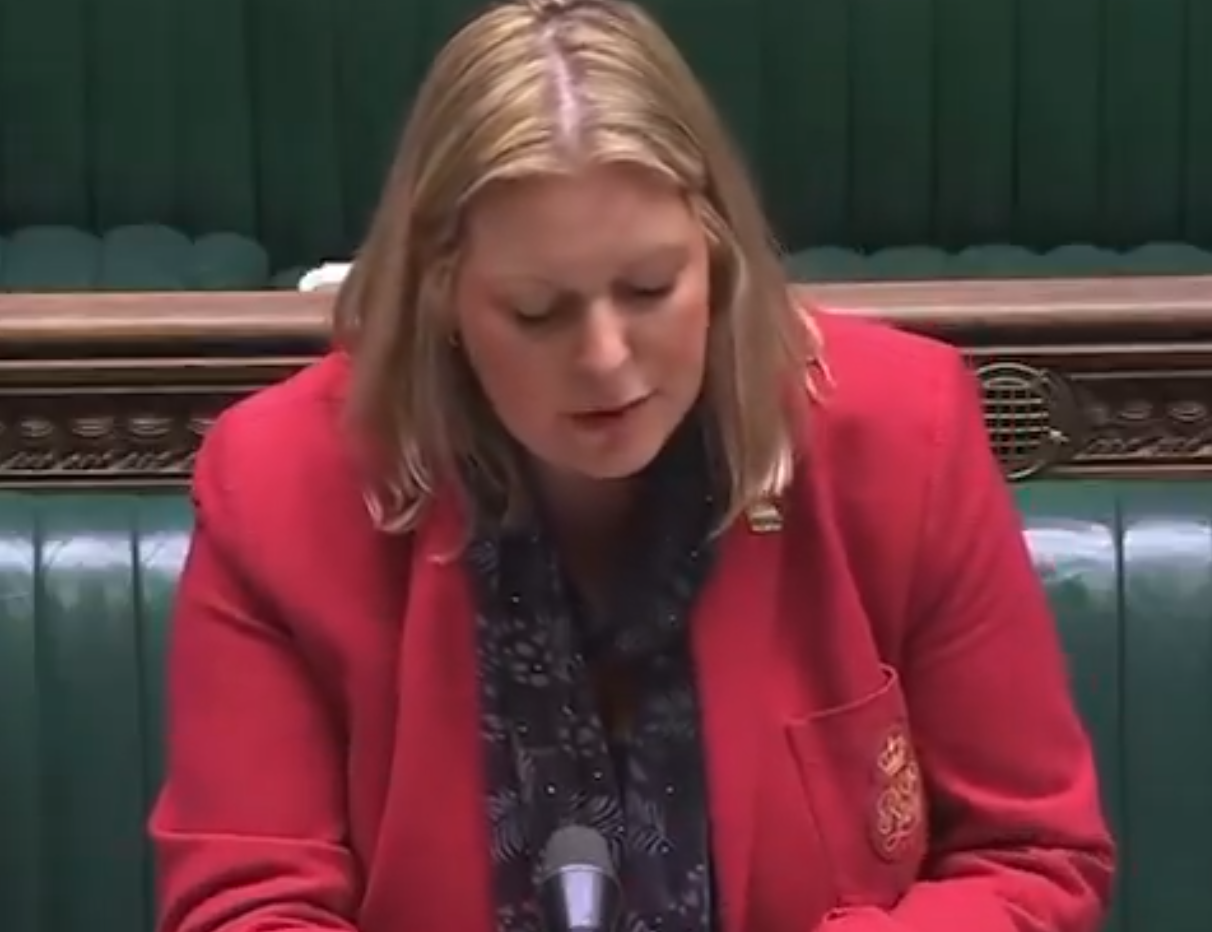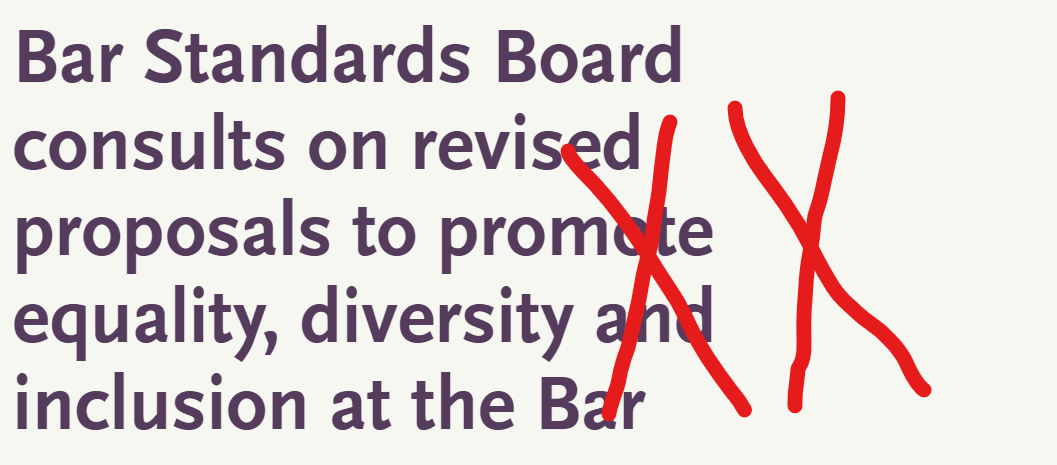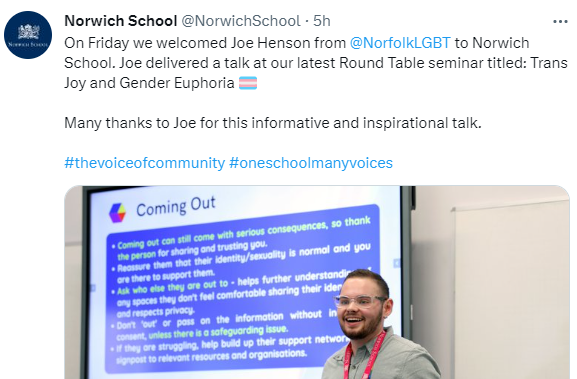Why didn't they just invite us in to talk?

Written by Caroline ffiske, 09 December 2022
Taxpayers are paying for the London School of Economic’s Gender Studies Department to research the activities of women who are fighting back against gender ideology. A Freedom of Information request reveals that taxpayers are paying £35,000 for an LSE project to examine the language used by gender critical women’s groups who are fighting to protect women’s identity, language, and sex-based rights.
The Arts and Humanities Research Council, which is wholly funded by taxpayers via the Department for Business, Energy & Industrial Strategy, is providing taxpayer’s money to fund a
project called “Transnational 'Anti-Gender' Movements and Resistance: Narratives and Interventions”.
The project, led by two professors at the LSE, will ‘map the narrative building blocks – the political grammars, conceptual vocabularies, rhetoric, figures, and temporalities – of both ‘anti-gender ideology’ interventions and the political struggles and solidarities engendered in resistance’
While the LSE project team casts the gender-critical movement as that ultimate bogey ‘right-wing’, it recognises that there is also a problem within feminism. Some pesky feminists insist upon the ‘integrity of sex’. Imagine that?
“Within feminism, too, 'anti-gender' work insists on the integrity of 'sex', both as the unique site of sexual oppression of women, and as a unique position from which to challenge sexual violence and its representations. In this context, trans* claims to integrity are dismissed, and critiques of sexual essentialism from within decolonial feminism remain unacknowledged.”
The project will bring together ‘scholars, activists and policy-makers’ from different parts of the globe to ‘contend seriously with ‘anti-gender ideology’ and its counter-narratives’.
A tip for the project team. It didn’t need £35,000 of taxpayers’ cash to research the gender critical movement. That money should have gone to fund library books for schools in deprived areas. The team could, instead, have invited women in for tea, talk, and tunnocks teacakes. We would be happy to explain the language we use and our reasons for doing so.
This project is an extraordinary illustration of where 'no debate' leads. Competing teams 'researching each other' across an impassable divide? Funded by the taxpayer? Is this the future we want?
There is another reason the taxpayer didn’t need to cough up £35,000. The work of the LSE project team has already been done. As revealed by The Telegraph recently, the HM Prison and Probation Service (HMPPS) diversity and inclusion team has already dones its work. It has written a document outlining the ‘coded language’ of the gender critical movement. This document was emailed to all staff in the Prison and Probation Service so that they know what passes for transphobia these days and can be sure to avoid it. Never mind that gender critical views are protected in the workplace - or that 99% of the population know that sex is real, and matters.
The
HMPPS document is called ‘Annex B: Recognising transphobic coded language’. It says ‘it is important to recognise these words and phrases, understand their context and educate those you hear using them about the reasons why their use can be deemed offensive or upsetting…’ After all ‘the importance of challenging their use cannot be overstated’.
What are the transphobic words that should not be used by fair-minded human beings?
‘Actual / real woman’ - because this is used to convey the idea that men aren’t women.
‘Adult human female’ - this is transphobic when used to describe women.
‘Erasure of women and girls’ - this is transphobic because it is possible to live without words that describe women and girls. You don’t need to use the word ‘mother’ when you can say parent.
‘Biological woman’ - this might seem to be a phrase kindly meant; after all, it
actually implies
that the user acknowledges there is another type of woman. Wrong. This is transphobic because language must be dictated and controlled - the approved term here is ‘cis’.
‘Protect women’s spaces’ - this is transphobic because you shouldn’t try to protect women’s spaces.
‘Sex is real / immutable’ - this is transphobic because ‘nobody is claiming that sex isn’t real’.
Well, shouldn’t that mean that you can say it?
No. See - you can’t win.
Following the exposure of the HMPPS document, gender critical lawyers have described it as
harassment.
Via a parliamentary question from Joanna Cherry, Damian Hinds, Minister of State for Prisons, Parole and Probation, has assured us that it 'does not constitute official advice' and 'the department is looking again at how communications are done.’ Baroness Nicholson has also written to Home Secretary, Suella Braverman, describing the HMPPS email and its content as insidious bullying. She says ‘I look forward to hearing how you will tackle what is effectively subversion’. So do we all.
But back to the LSE Gender Studies report. The HMPPS document is clear and comprehensive - surely it short-circuits the need for further work? The ‘political grammars, conceptual vocabularies, rhetoric, figures, and temporalities’ of the gender critical movement have been documented and explained. If there are gaps, some of us would be delighted to visit LSE Gender Studies for tea, talk, and teacakes.
The serious issues here? So many. The ludicrous waste of taxpayer's money. The funding criteria used by the Arts and Humanities Research Council. I would like to see it challenged as to how it can justify this use of public money. But most of all, the sorry state of 'no debate' and where it leads. LSE Gender Studies should now do the right thing and give the £35,000 to buy library books for schools in deprived areas. Then put the kettle on and invite us in.







